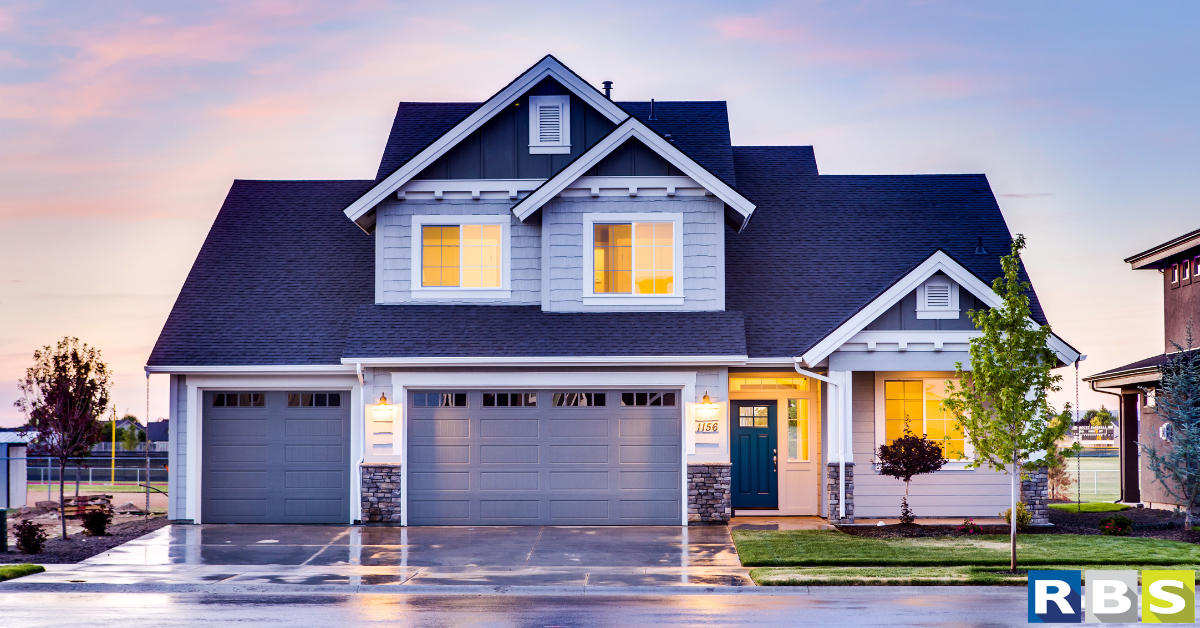With the booming worldwide success of Airbnb, many local property owners have found it far more lucrative to rent out a property by the day than to have a long term tenant.
Today, South Africa boasts in excess of 13 000 Airbnb ‘rentrepreneurs’, which host around 400 000 guests annually. But before you fluff up the pillows, spray the air freshener and hand over the keys, make sure you’ve got everything covered, insurance wise. So let’s get started.
Although Airbnb offers hosts Protection Cover that helps take the edge off opening up your home, be aware that this policy primarily covers the host against third party liability claims for guests that suffer injury or property damage at your premises. This cover is also capped and subject to certain conditions, limitations and many exclusions. So it’s vital to know exactly what’s covered and what’s not.
The risk of short-term rentals is much higher for insurers and standard personal short-term insurance policies will, in these environments, either exclude or limit cover. A normal home contents policy will cover malicious and accidental damages to property, but claims for theft or malicious damage of household contents can be rejected if there are no signs of forced entry. So it’s a good idea to have a signed agreement with a guest to inform them that they will be held liable for any stolen or damaged items if there are no signs of forced entry. It is their responsibility to lock the property and activate relevant alarms before they go out.
All in all, it’s absolutely critical to consult your broker to see if you’re adequately covered for legal liability, home contents and any other Airbnb related cover you may need.
Lastly, make sure your property is legally zoned for rental purposes and ensure all safety equipment is installed and in working order (smoke detectors, fire extinguishers, alarms etc.). Check your property for potential hazards that could cause damages or injury (e.g. loose stairs, slippery steps, wobbly chairs, low branches, cracked paving, etc.).

